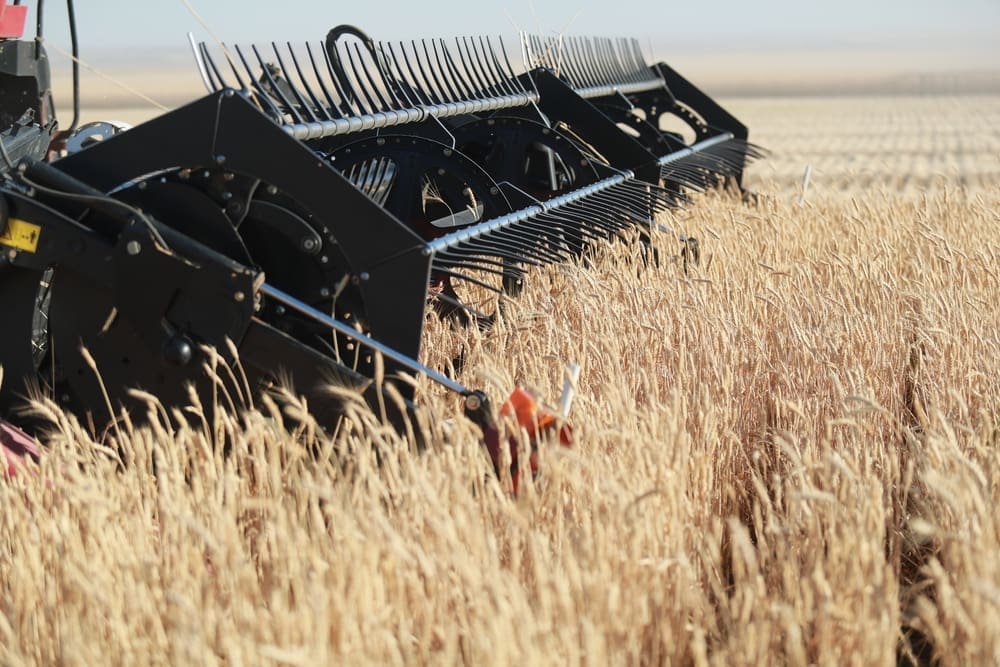The agricultural sector in the United States is bracing for significant challenges due to recent international trade tensions. Farmers, who entered the year aiming to balance their high operating costs, now face the prospect of losing a major export market following China’s response to the tariffs imposed by President Donald Trump. The agricultural community is particularly concerned about the implications for soybean exports, as China has been the largest consumer, importing half of the U.S. production.
The imposition of a 34% tariff by China on all American products, following earlier tariffs, is expected to make U.S. agricultural goods significantly more expensive. This move affects a wide range of products, including corn, beef, chicken, and sorghum. The market has already reacted negatively, with crop prices declining in a manner reminiscent of stock market fluctuations.
Farmers express growing concerns as these tariffs threaten to put many out of business, especially those who are new to the industry. The fear is that China will increasingly turn to countries like Brazil for agricultural imports, potentially eroding the market share that U.S. farmers have long held. During previous trade tensions, government aid played a crucial role in helping farmers stay afloat, but it remains uncertain whether similar support will be provided this time.
The agricultural community is hopeful that the current situation might encourage negotiations leading to reduced tariffs and trade barriers. A diplomatic resolution is seen as beneficial for all parties involved, providing a more sustainable solution than the continuation of escalating tariffs.
Our Insights
- Economic Pressure on Farmers: The increased tariffs may lead to reduced income for farmers, making it difficult for them to cover their already high operational costs.
- Impact on Employment: The potential decline in agricultural exports could lead to job losses within the farming sector and related industries, affecting rural communities significantly.
- Global Market Shifts: A shift in China’s sourcing of agricultural products from the U.S. to other countries could have long-term impacts on global trade relationships and market dynamics.
- Government Aid Uncertainty: With the current administration less likely to offer extensive aid, farmers may face financial instability, forcing them to find alternative coping strategies.
- Consumer Prices: As tariffs make U.S. agricultural goods more expensive, consumers might see an increase in food prices, affecting purchasing power and household budgets.








